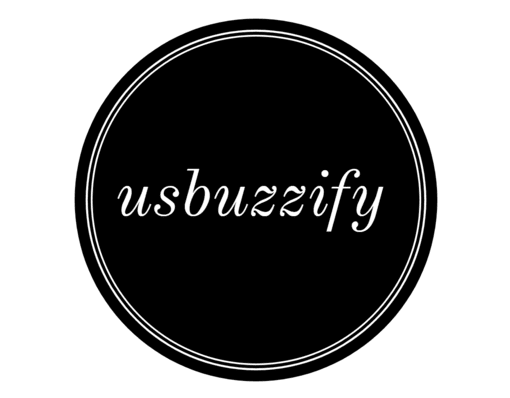A powerful explosion has damaged the tomb of Qassem Soleimani, the former commander of Iran’s elite Quds Force, who was killed by a US drone strike in Iraq in 2020. The blast occurred on Monday night, at the Behesht-e-Zahra cemetery in Tehran, where Soleimani is buried. The cause and the perpetrators of the blast are still unknown.
Who Was Qassem Soleimani and Why Was He Killed?
Qassem Soleimani was one of the most influential and revered military leaders in Iran, and the head of the Quds Force, a branch of the Islamic Revolutionary Guard Corps (IRGC) that conducts covert operations and supports proxy militias across the Middle East. Soleimani was widely seen as the architect of Iran’s regional strategy and influence, and as a close ally of the Supreme Leader, Ayatollah Ali Khamenei.
Soleimani was killed on January 3, 2020, by a US drone strike near the Baghdad airport, along with several other Iranian and Iraqi officials and commanders. The US claimed that Soleimani was planning imminent attacks on American interests and personnel in the region, and that his killing was an act of self-defense and deterrence. However, Iran condemned the killing as an act of terrorism and aggression, and vowed to take revenge.
What Was the Impact and the Aftermath of Soleimani’s Killing?
Soleimani’s killing triggered a major escalation of tensions and hostility between the US and Iran, and sparked fears of a full-scale war. Iran responded by launching ballistic missile attacks on two US military bases in Iraq, injuring dozens of American soldiers. The US refrained from retaliating further, but imposed more sanctions on Iran.
Soleimani’s killing also had a huge impact on the domestic and regional politics and dynamics of Iran and its allies and rivals. Soleimani was hailed as a national hero and a martyr by millions of Iranians, who attended his funeral and mourned his death. His successor, Esmail Qaani, vowed to continue his legacy and mission, and to expel the US forces from the region. Iran also announced that it would no longer abide by the 2015 nuclear deal, which was already in jeopardy after the US withdrew from it in 2018.
Soleimani’s killing also affected the relations and the stability of Iraq, where he had a significant role and influence. Iraq’s parliament passed a resolution calling for the expulsion of the US troops from the country, but the US refused to comply. Iraq also witnessed protests and violence by the supporters and opponents of Soleimani and Iran, and by the anti-government and pro-democracy activists.
What Does the Blast at Soleimani’s Tomb Mean?
The blast at Soleimani’s tomb is a rare and shocking incident, that has raised questions and speculations about the security and the symbolism of the site. The blast has damaged the glass and the tiles of the tomb, but has not harmed the grave or the body of Soleimani. The blast has also not caused any casualties or injuries, as the site was closed and empty at the time of the incident.
The authorities have not yet revealed the cause or the motive of the blast, or the identity or the affiliation of the perpetrators. The blast could be an accident, a sabotage, or an attack, by either internal or external actors. The blast could also be a message, a warning, or a challenge, to either the Iranian regime or the US administration, or both.
The blast could have implications and consequences for the security and the politics of Iran and the region, especially as the country is preparing for the presidential elections in June, and as the US is seeking to revive the nuclear deal with Iran. The blast could also affect the public sentiment and the perception of Soleimani and his legacy, which are already being contested and debated in Iran and beyond.
